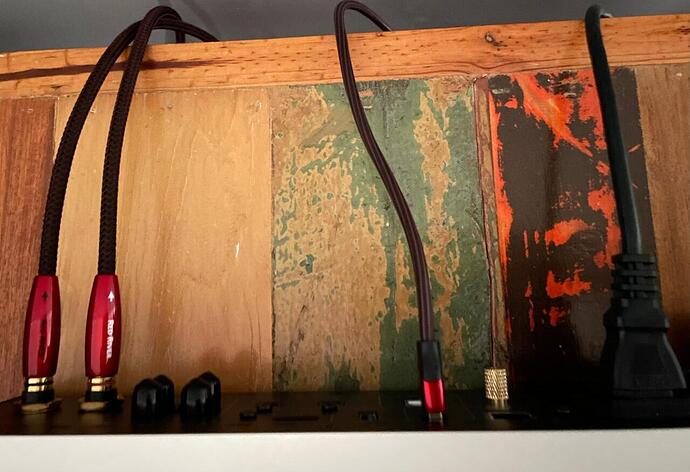product page „ External Master Clock Input The audio source requires a master clock input that outputs audio data synchronized with the master clock. Applying this method eliminates jitter in the S/PDIF, AES/EBU, and 12S Out connections from the audio source to the DAC, and supports perfect synchronization between devices based on the usage environment.“
What’s about the USB output (Fibre 3.0, Audio 2.0)? Will the USB output not improve with a external clock and stay with internal clock?
Thanx to everybody for clarifying…


